DIY Hair Oils For Different Hair Problems
A list of powerful and easy-to-prepare concoctions for shiny and healthy locks.
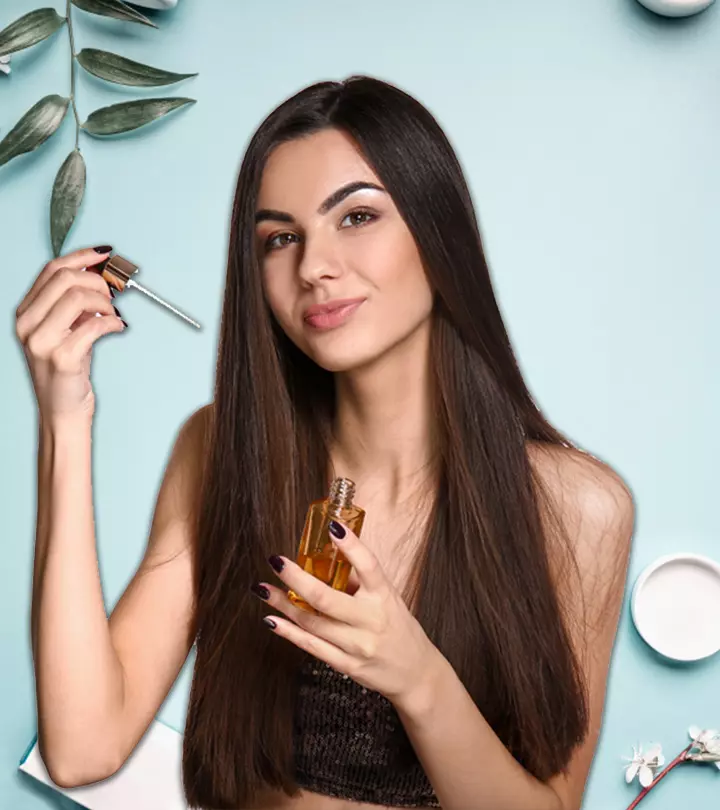
Image: ShutterStock
DIY hair oils can nourish your hair and combat hair fall effectively. Oiling the hair and massaging the scalp are the proven ways to reduce hair fall. This will also strengthen the hair follicle, enhance blood circulation, and give the required nourishment to the scalp. If you want to give your hair a silky look without any chemicals, these oils listed in the post below are for you. Know how these oils can help promote hair growth and get the recipes of 5 hair oils right here. Scroll down!
According to a study, out of 1899 participants, 327 (17.2%) reported trying standardized scalp massages(SSM). The participants engaged in 11-20 minute scalp massage sessions on a daily basis for around 6-7 months. 68.9% of these participants reported either hair loss stabilization or hair regrowth.
In This Article
Best Oils For Hair Growth
- Coconut Oil
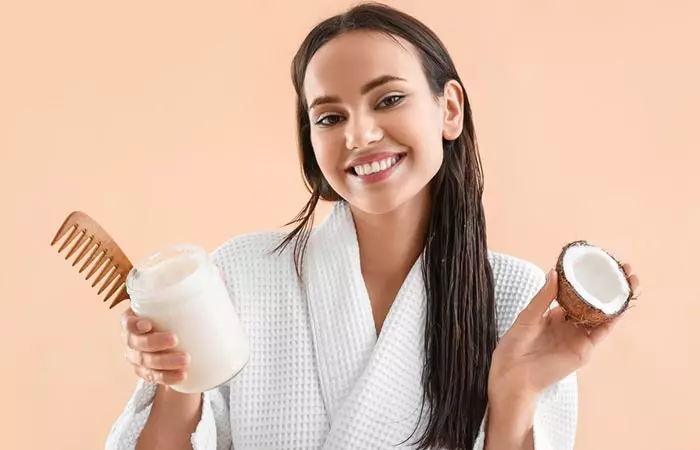
Coconut oil is rich in saturated fats and can penetrate the hair shafts to provide deep moisturization. A study shows that coconut oil also helps reduce protein loss (1).This oil works wonders for low-porosity hair or 4C curly hair by detangling the knots. You can use virgin coconut oil for relaxing hair massages.
- Almond Oil
Almond oil is an emollient and has anti-inflammatory properties (2). It is lightweight and ideal for fine and straight hair. Click here for the benefits of almond oil for your hair.
- Castor Oil
Castor oil is a thick and viscous oil and is a herbal extract of Ricinus communis plant. Anecdotal evidence suggests that castor oil can help promote hair growth and thicken your eyebrows and eyelashes. A study tested castor oil lotions (35% and 40%) on rabbits to see if they help hair growth. The 35% lotion showed better results, with longer, thicker, and softer fur in over half of the cases, while the 40% lotion was less effective (3). However, the viscous nature of this hair oil makes it a little difficult to apply and rinse.
Note: Dilute castor oil with another oil and use it only on your scalp.
- Hibiscus Oil
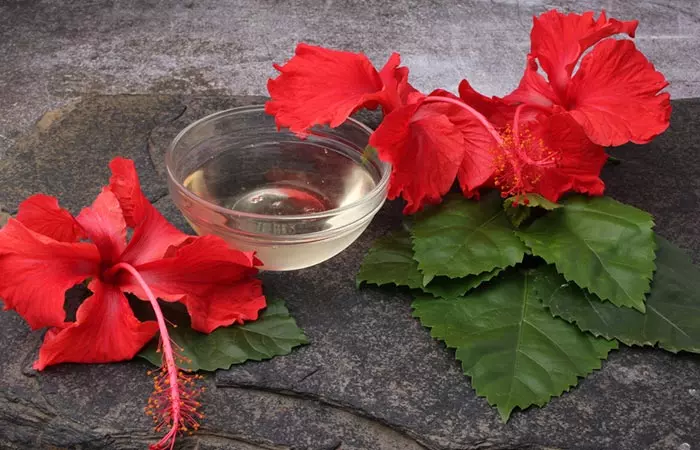
Hibiscus oil is a red-colored oil extracted from the hibiscus flowers. A study found hibiscus leaf oil to be more potent for hair growth than the one extracted from the flower (4). Hibiscus oil has been used in India since ancient times for thick and luscious locks. Moreover, it has a pleasant smell, hydrates the hair, and prevents dandruff.
- Jojoba Oil
Jojoba oil possesses anti-inflammatory properties and is widely used as a skin care ingredient (5). It also adds nourishment to the hair and stimulates its growth. Its moisturizing property on the hair and scalp helps prevent split ends and breakage. Jojoba oil can also help treat dry scalp, dandruff, and itchy scalp.
 Did You Know?
Did You Know?- Argan Oil
Argan oil is light as a feather. It can be used for scalp massaging and hair conditioning for styling rough, dry hair. It is composed of monounsaturated and saturated fatty acids, tocopherolsi An active form of Vitamin E that promotes scalp health by preserving the lipid layer and reducing oxidative stress. , polyphenolsi Compounds that promote hair growth through the rapid increase of specialized cells located at the bottom of hair follicles. , sterolsi A plant-derived compound similar to cholesterol that is effective in maintaining scalp health and stimulating hair growth. , triterpene alcoholsi Chemical compounds with potential anti-inflammatory, analgesic, cardiotonic, and hepatoprotective effects. , and squalenei An organic compound with restorative and emollient (moisturizing) properties making it perfect for aiding skin and hair health. (6). Argan oil helps maintain scalp health, prevents hair breakage, and makes the hair smooth and shiny.
- Amla Oil
Amla oil (Indian gooseberry oil) is widely used in Ayurvedic practices for healthy hair growth. It is a rich source of Vitamin C and has a strong fungicidal function owing to unsaturated fatty acids (7). It also has potent antimicrobial properties which ensure good health of the hair and scalp. Further, it has antioxidant properties that may play a role in preventing or slowing graying of hair.
- Sesame Oil
Sesame oil is another traditional ingredient for healthy hair growth. Its anti-inflammatory, antioxidant, and antimicrobial properties ensure a clean and healthy scalp and hair environment (7). It has photoprotective and moisturizing properties and can penetrate deeper into the hair shaft and the follicles and improve circulation in the scalp, reduce graying, and improve hair growth.
Apart from these oils, essential oils are also great for hair growth and adding a beautiful, relaxing aroma to your DIY hair oil. Here’s a list of the essential oils you can use.
Key Takeaways
- To nourish and strengthen your hair naturally, consider going for DIY hair oils that are easy to make.
- Mix coconut oil, castor oil, argan oil, and almond oil, and apply the mixture every day.
- Do a scalp massage with the heated oils and leave them for 30 minutes or overnight.
- These oils are free of chemicals and make your hair healthier at a much lesser cost.
Best Essential Oils For Hair Growth
- Peppermint Essential Oil
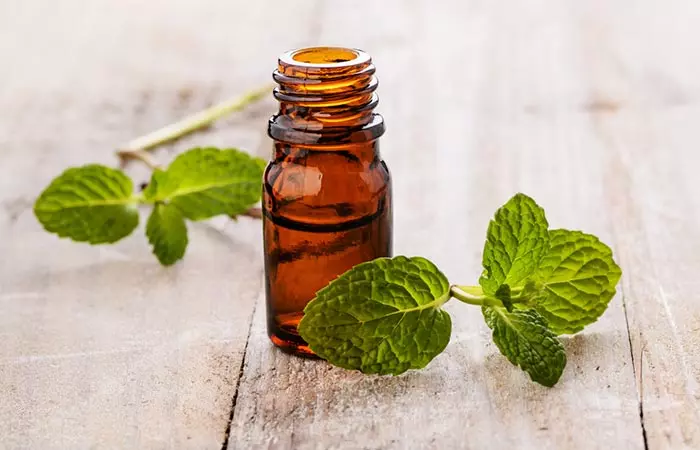
A study showed that peppermint oil helped increase the number of hair follicles, hair follicle depth, and thickness in mice (8). This oil acts as one of the soothing treatments for the scalp and can also help reduce dandruff.
- Lavender Essential Oil
A study confirms that lavender oil can be used for hair growth as it increases hair follicles, follicle depth, and dermal thickness (9). Lavender oil, when applied to the scalp with a carrier oil (jojoba or grapeseed oils) can be a safe and effective therapy for alopecia areata (10).
- Rosemary Oil
Rosemary essential oil can also be used for treating androgenic alopecia or female pattern hair loss (11). It helps reduce scalp itchiness, nourishes the scalp, and stimulates the hair follicles.
- Cedarwood Oil
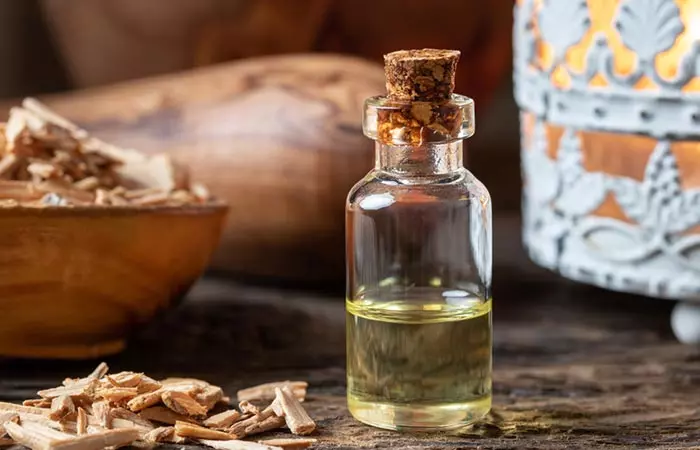
Cedarwood oil helps balance oil production, has antifungal and antibacterial properties, reduces hair loss, and promotes hair growth. Along with a carrier oil, cedarwood oil can also help treat alopecia areata (10).
 Quick Tip
Quick Tip- Chamomile Oil
The anti-inflammatory and soothing properties of chamomile oil may have relaxing effects. Hence, the oil is good for soothing the scalp (12). It may also help transform rough hair into soft curls.
These essential oils are beneficial for hair growth. Now, get your wands out! We are going to prepare the magic oils for spellbinding thick hair!
5 Best DIY Hair Oil Treatment Recipes
1. Lavender And Coconut Oil For Hair Growth
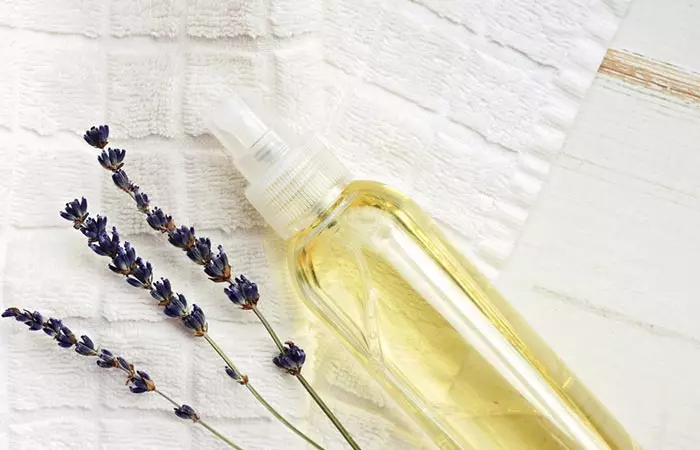
You Will Need
- 1 drop of lavender essential oil
- 10 drops of coconut oil
Directions
- Mix the lavender essential oil and coconut oil. Shake well.
- Massage this nourishing blend onto your scalp and hair.
- Shampoo your hair and apply argan oil.
Note:
You can create a batch of this blend and store it for future use.
2. Peppermint And Almond Oil For Hair Growth
You Will Need
- 1 drop of peppermint oil
- 15 drops of almond oil
Directions
- Mix the peppermint and almond oils.
- Shake well and store in a dry place.
- Massage this oil blend onto the scalp in a circular motion.
- Leave it on for 15 minutes and wash your hair.
Note
: Do a patch test before using peppermint oil. If you have a tingling effect on your scalp, avoid using it.
3. Rosemary, Argan And Castor Oil For Hair Growth
You Will Need
- 1 drop of rosemary oil
- 5 drops of castor oil
- 5 drops of argan oil
Directions
- Mix the rosemary oil, castor oil, and argan oil in a bowl.
- Stir this mixture with a glass or steel straw.
- Apply this oil blend only to the scalp to prevent hair tangles.
- Leave it on for 20 minutes and rinse.
4. Chamomile And Jojoba Oil For Hair Growth
You Will Need
- 1 drop of chamomile oil
- 10 drops of jojoba oil
Directions
- Mix the chamomile oil and jojoba oil.
- Massage this oil mixture onto the scalp and hair.
- Leave it on for 20 minutes and wash your hair.
5. Cedarwood And Hibiscus Oil For Hair Growth
You Will Need
- 1 drop of cedarwood oil
- 10 drops of hibiscus oil
Directions
- Mix the cedarwood oil and hibiscus oil. Shake well.
- Massage this mixture onto the scalp and hair for 10minutes.
- Leave it on for 20 minutes and rinse.
If you are not sure of how these DIY oils work, here is a personal testimony to shed some light on the effectiveness of a DIY oil made with a few of the ingredients mentioned above.
Samara, a blogger, spoke about overcoming hair loss by creating a DIY blend using sesame seed, castor, almond, rosemary essential, and peppermint essential oils in her blog. She said, “I noticed something incredible — fewer strands on my brush and less hair left behind after a shower. My hair felt different too — smoother, shinier, and undeniably healthier (i).”
There you have it – 5best DIY hair oils. But how do you store them? Find out in the next section.
How To Store DIY Hair Oils
Most hair oils have a shelf life of 1 to 2 years when stored properly. Cold-pressed and virgin oils like coconut, jojoba, and argan oils tend to last longer, while essential oils usually maintain potency for up to 2 years.
To ensure maximum shelf life you can try the following:
- Store oils in a cool, dark place, away from direct sunlight and heat.
- Tightly seal the bottles after each use to prevent exposure to air.
- Check for changes in smell, color, or texture before applying.
- Use brown glass bottles with droppers for better storage and easy application.
- Create oils in small batches to avoid them going rancid.
There are also some common issues that may arise if you do not know the proper techniques or precautions for using DIY hair oils. Here’s a list of the dos and don’ts you should follow while using DIY hair oils.
Dos And Don’ts
Do
- Perform a patch test at the back of your neck to check for allergies before applying essential oils.
- Consult a healthcare professional if you experience any allergic reactions after using essential oils.
- Dilute essential oils with a carrier oil before application.
- Limit oil use to twice a week for best results and ensure thorough cleansing with a gentle shampoo.
- Use a clarifying shampoo occasionally to remove build-up and excess oil.
Do Not
- Don’t use stale or rancid oils.
- Don’t apply essential oils directly to the skin without dilution.
- Don’t over-apply oil as it can weigh down your hair.
- Don’t apply oil to the scalp too frequently or leave it on for extended periods without proper washing.
- Don’t use low-quality oils or those with added chemicals and fragrances.
Moreover, it is also important to know that understanding your hair type and using the right oils is essential, as different oils work better for different textures, porosities, and scalp conditions. Keep reading to learn more about it.
Best Practices For Applying Hair Oils To Different Hair Types
Straight Hair (Fine or Thick)
- Use light oils like almond or jojoba oil.
- Apply a small amount to the scalp and ends to reduce frizz.
Wavy Hair
- Choose medium oils like coconut or hibiscus.
- Warm the oil and comb through for even distribution.
Curly Hair (Type 3)
- Use moisturizing oils like castor or coconut.
- Apply from roots to ends, and wrap in a towel for 20-30 minutes.
Coily Hair (Type 4)
- Opt for thicker oils like sesame or amla.
- Apply generously, leave overnight, and rinse well.
Dry or Damaged Hair
- Use deep conditioning oils like argan.
- Heat slightly, massage in, and cover with a cap for 30-60 minutes.
Oily Scalp and Hair
- Use light oils like jojoba.
- Apply only to the ends, not the scalp.
Sensitive Scalp
- Choose soothing oils like chamomile or lavender.
- Dilute with carrier oil and apply gently.
Infographic: Tackling Different Hair Problems With DIY Hair Oils
Different hair problems require different solutions. However, you don’t need to burn a hole in your pocket or deal with chemicals to tackle those problems. It’s time to combat hair problems with DIY hair oils that will enhance blood circulation, strengthen hair follicles, and provide immense nourishment to the scalp. Check out the infographic below for easy DIY hair oils that will transform your tresses. Illustration: StyleCraze Design Team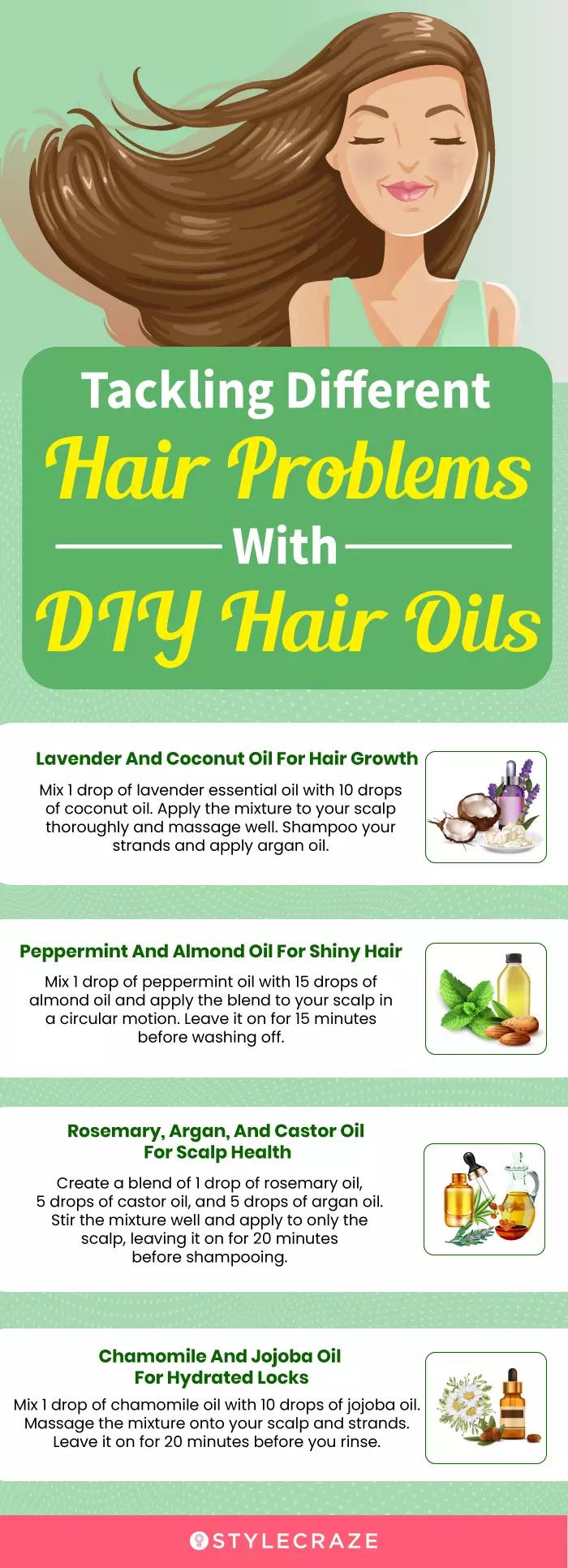
DIY hair oils have natural ingredients that replenish your hair, improving its thickness, smoothness, and shine. Oiling your hair and massaging your scalp improve blood circulation and stimulate hair follicles. Carrier oils like coconut, almond, castor, hibiscus, jojoba, and argan oils are nutrient-rich and offer various benefits to your hair. You can also add aromatic blends of essential oils like peppermint, cedarwood, chamomile, lavender, and rosemary for enhanced hair care. These fragrant concoctions also act as aromatherapy. However, even after trying these oils, if you experience severe hair loss, it might be a sign of something more serious, so you should consult a doctor. If you take medication regularly, check with your doctor if the above-mentioned hair oils can be paired with the prescribed treatment.
Frequently Asked Questions
How frequently should I apply oil to my hair?
While the frequency of hair oiling depends on your hair type, you can generally apply it once or twice a week for effective nourishment. The climate and environment also can impact your hair oiling routine. For instance, if you live in drier climates you might need to oil your hair 2 to 3 times a week.
Is it okay to combine different oils?
Yes, combining different types of oils can enhance their individual benefits. Mixing oils like coconut, argan, and jojoba oil provides varied nutrients for hair. However, always remember to do a patch test before applying on large areas to prevent allergic reactions.
Is oiling hair daily good?
No. Oiling hair daily is not good as it will cause product, dir, and sebum build-up on the scalp and clog the hair follicles, causing hair fall. You will need to shampoo to get the build-up out of your hair every day, which will strip your hair of its moisture.
Which oils should not be mixed for hair?
There isn’t enough scientific evidence to claim what oil combinations would be bad for hair. However, dermatologists warn about never using a mix of olive, castor, camphor, mineral, and lemon oils on your hair as they can be harsh and damage your hair, or they are too heavy and cause product build-up.
Is it good to put oil on wet hair?
No. Hair bonds are weaker when wet. Tugging them will lead to breakage. It is okay to oil damp hair and let it air dry, or you may oil dry hair.
Illustration: DIY Hair Oils For Different Hair Problems
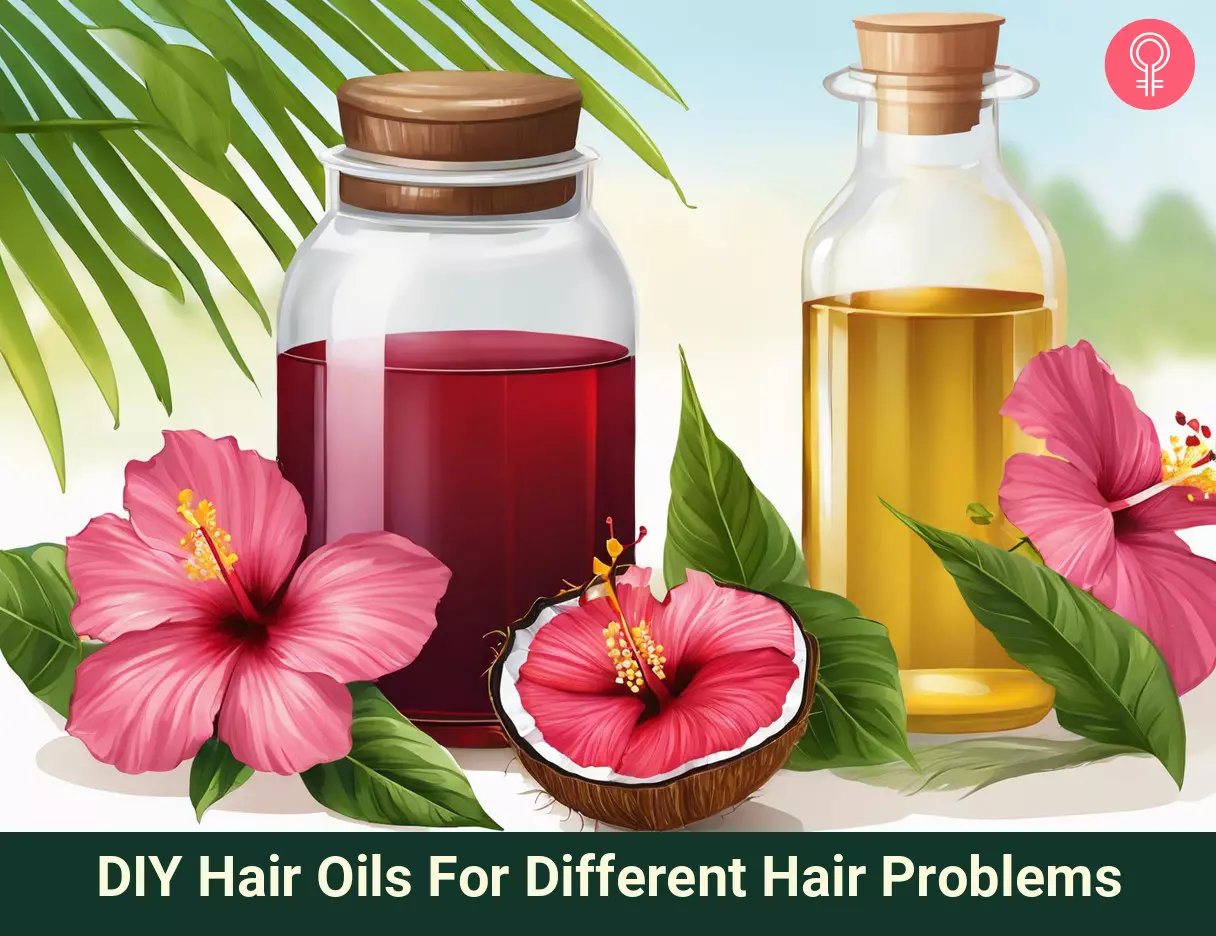
Image: Stable Diffusion/StyleCraze Design Team
Learn how to make your own DIY mielle rosemary and mint hair oils! Watch this video to get the perfect blend of natural ingredients to nourish and protect your hair.
Personal Experience: Source
StyleCraze's articles are interwoven with authentic personal narratives that provide depth and resonance to our content. Below are the sources of the personal accounts referenced in this article.
i. My Secret Recipe for Luscious Locks: DIY Hair Growth Oil That Rescued My Hair!https://medium.com/@simsonsamara95/my-secret-recipe-for-luscious-locks-diy-hair-growth-oil-that-rescued-my-hair-e11d43c359e9
References
Articles on StyleCraze are backed by verified information from peer-reviewed and academic research papers, reputed organizations, research institutions, and medical associations to ensure accuracy and relevance. Read our editorial policy to learn more.
- Effect of mineral oil sunflower oil and coconut oil on prevention of hair damage
https://pubmed.ncbi.nlm.nih.gov/12715094/ - The uses and properties of almond oil
https://pubmed.ncbi.nlm.nih.gov/20129403// - Preclinical study on the hairgrowth and regeneration of external use lotions containing castor oil (Ricini Oleum) in rabbits
https://www.researchgate.net/publication/294629024_Preclinical_study_on_the_hairgrowth_and_regeneration_of_external_use_lotions_containing_castor_oil_Ricini_Oleum_in_rabbits - In vivo and in vitro evaluation of hair growth potential of Hibiscus rosa-sinensis Linn
https://pubmed.ncbi.nlm.nih.gov/12963149/ - Jojoba in dermatology: a succinct review
https://pubmed.ncbi.nlm.nih.gov/24442052/ - Therapeutic potential of argan oil: a review
https://pubmed.ncbi.nlm.nih.gov/21054392/ - Hair Oils: Indigenous Knowledge Revisited
https://www.ncbi.nlm.nih.gov/pmc/articles/PMC9231528/ - Peppermint Oil Promotes Hair Growth without Toxic Signs
https://www.ncbi.nlm.nih.gov/pmc/articles/PMC4289931/ - Hair Growth-Promoting Effects of Lavender Oil in C57BL/6 Mice
https://pubmed.ncbi.nlm.nih.gov/27123160/ - Randomized trial of aromatherapy. Successful treatment for alopecia areata
https://pubmed.ncbi.nlm.nih.gov/9828867// - Rosemary oil vs minoxidil 2% for the treatment of androgenetic alopecia: a randomized comparative trial
https://pubmed.ncbi.nlm.nih.gov/25842469/ - Chamomile: A herbal medicine of the past with bright future
https://pmc.ncbi.nlm.nih.gov/articles/PMC2995283/
Read full bio of Tiffany Young
Read full bio of Arshiya Syeda
Read full bio of Ramona Sinha
Read full bio of Medha Deb






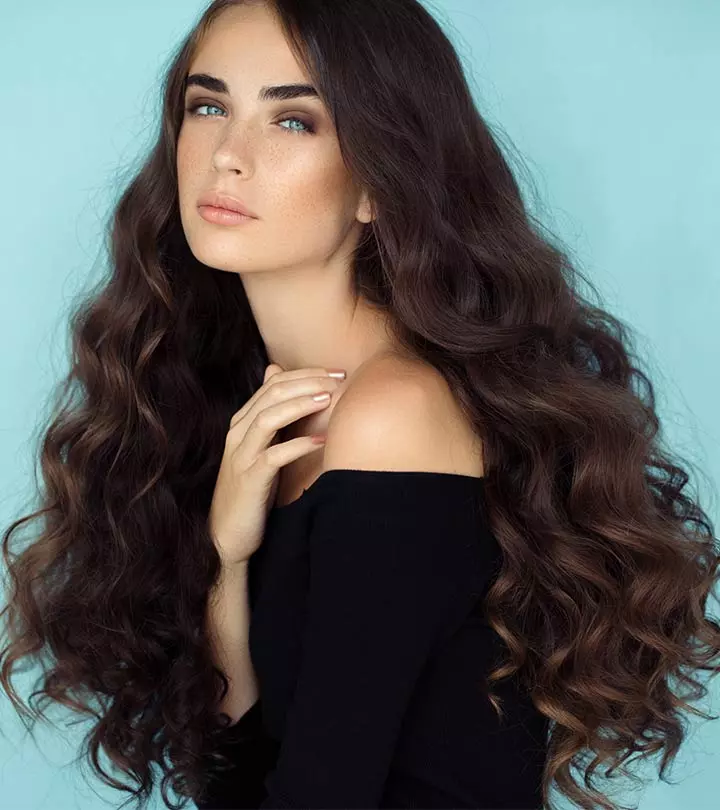

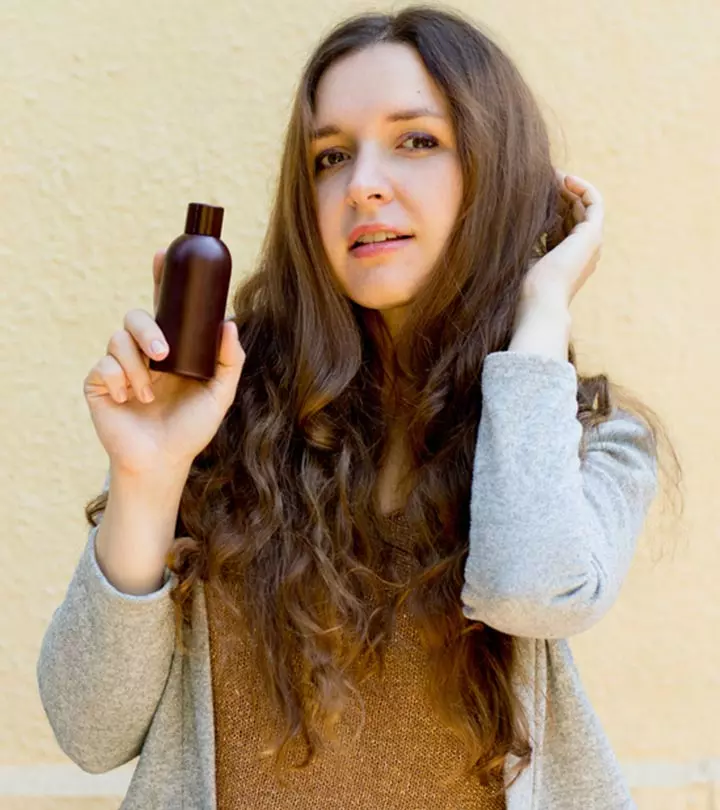

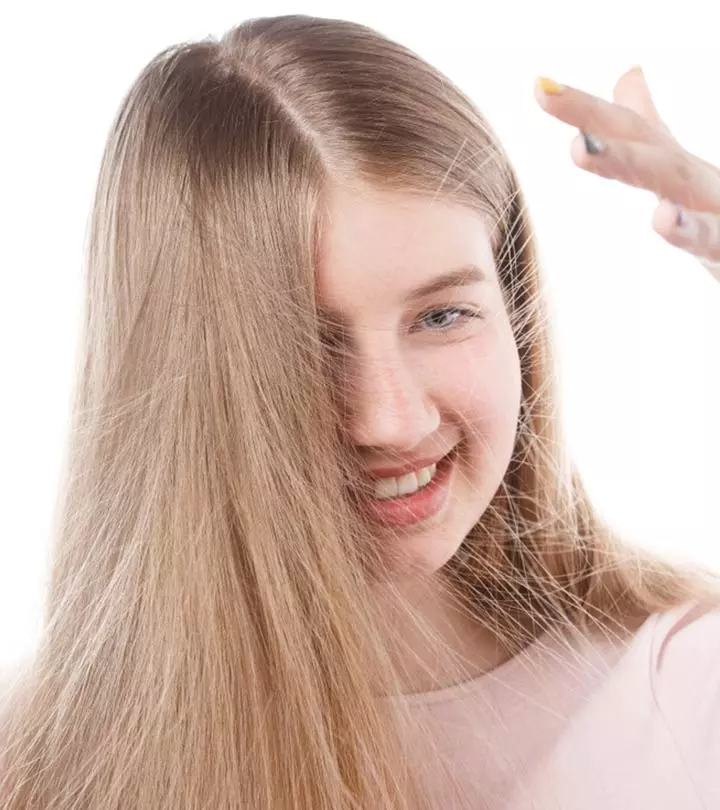
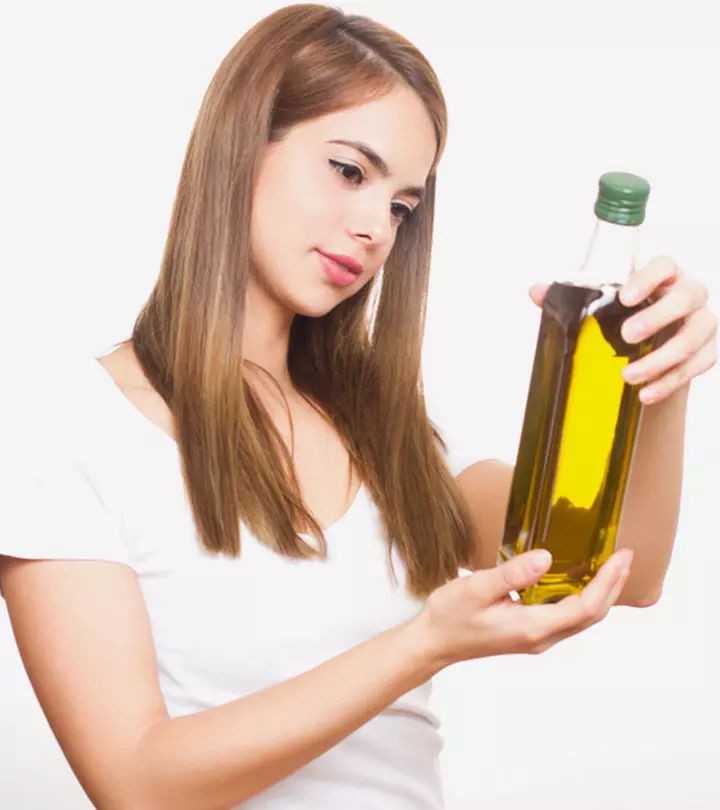
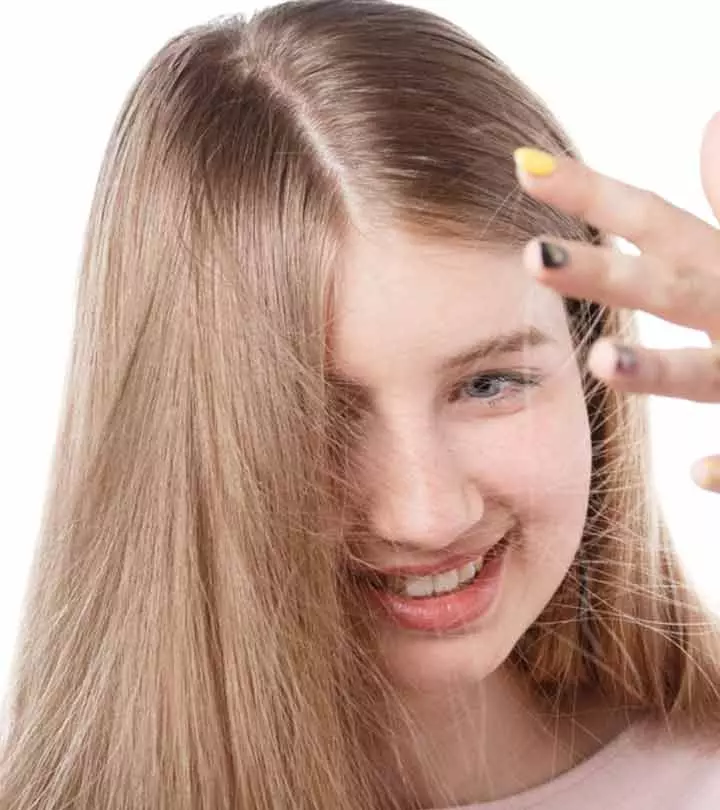
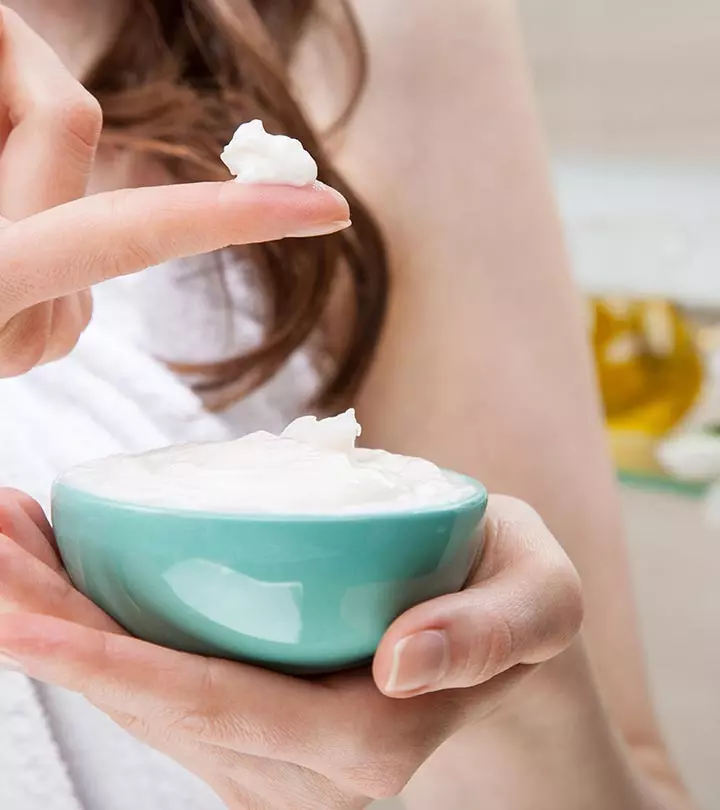
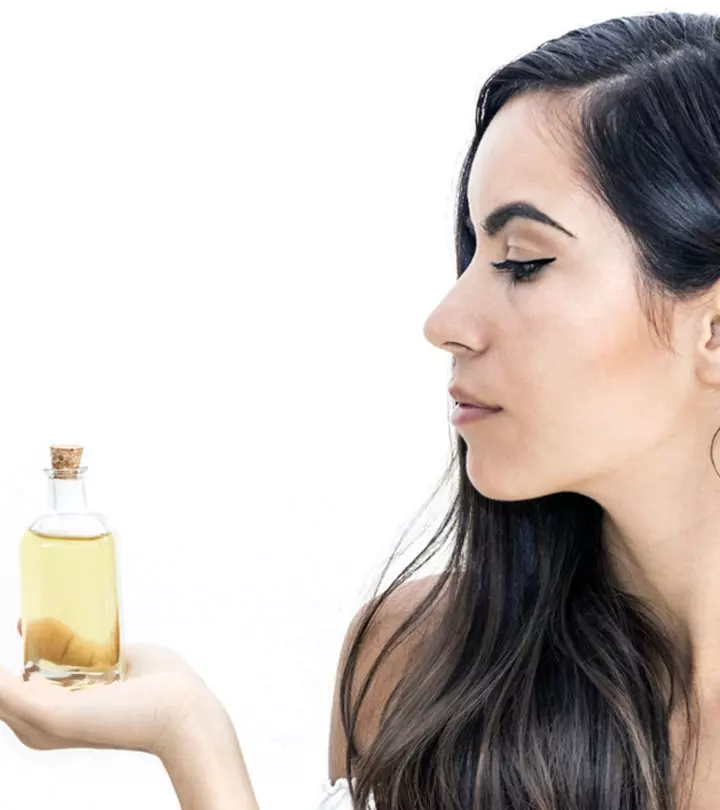
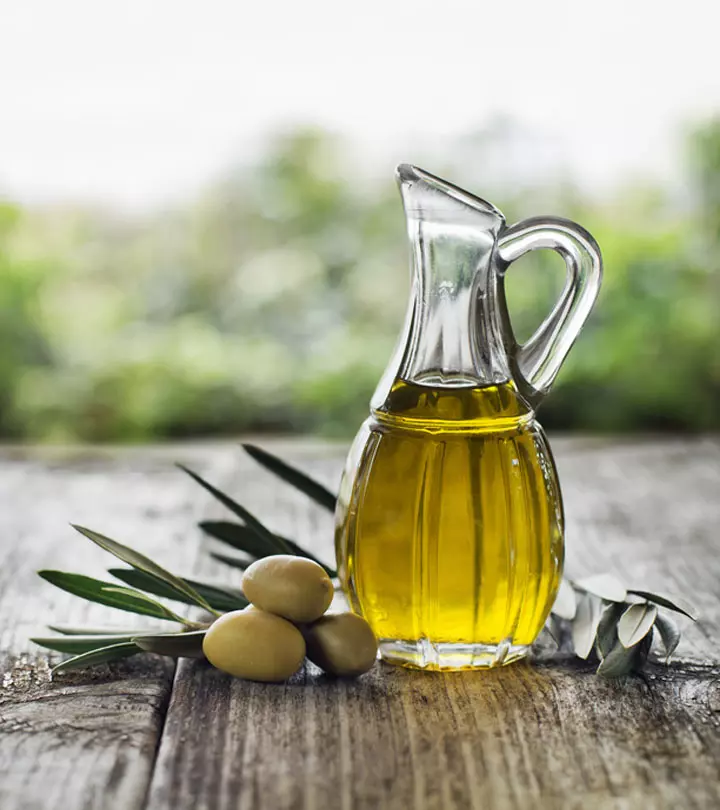
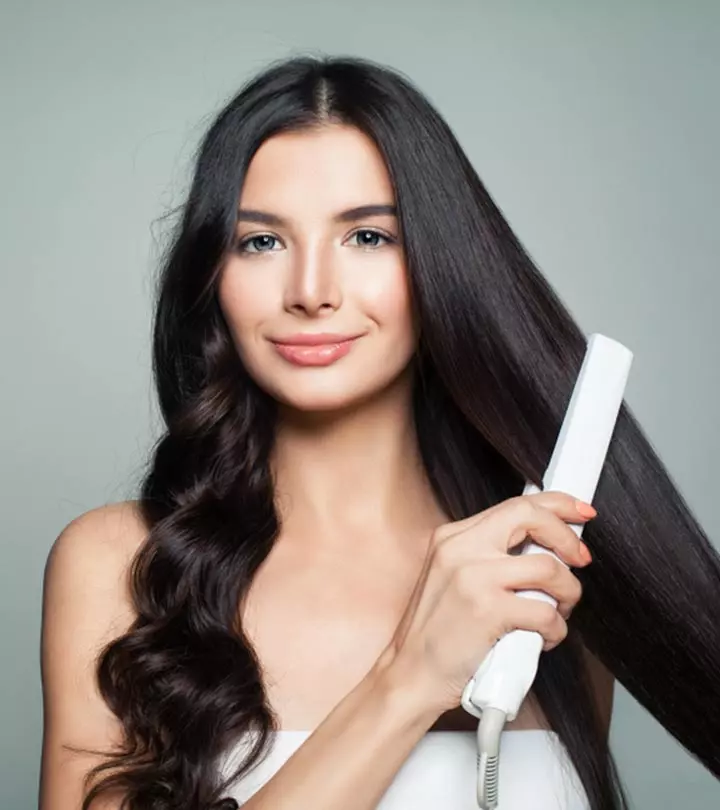

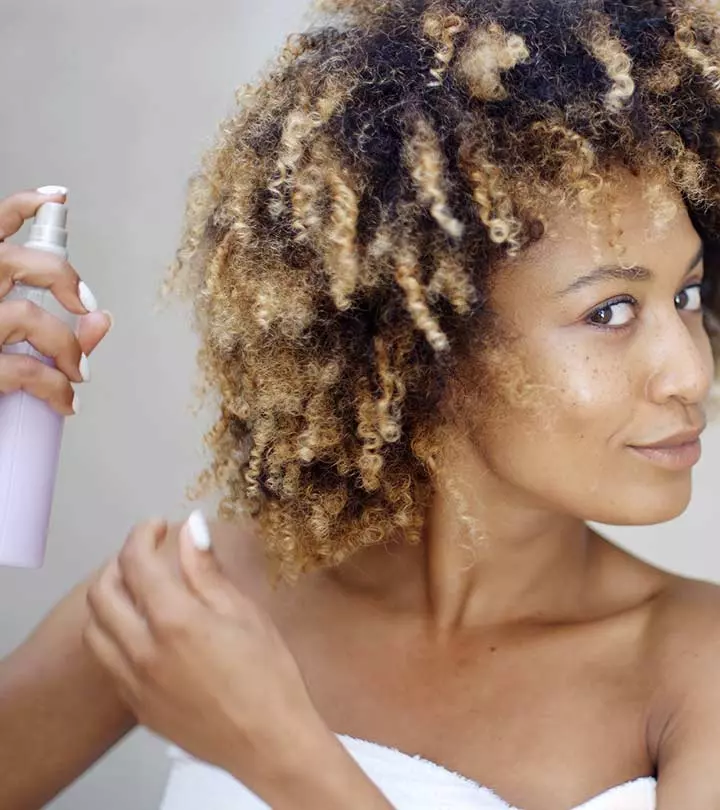

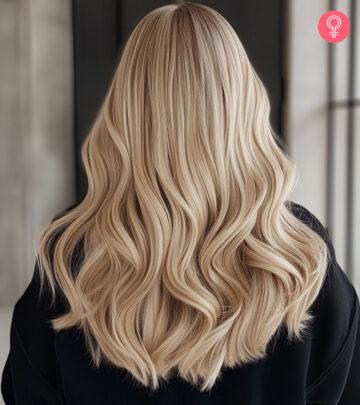
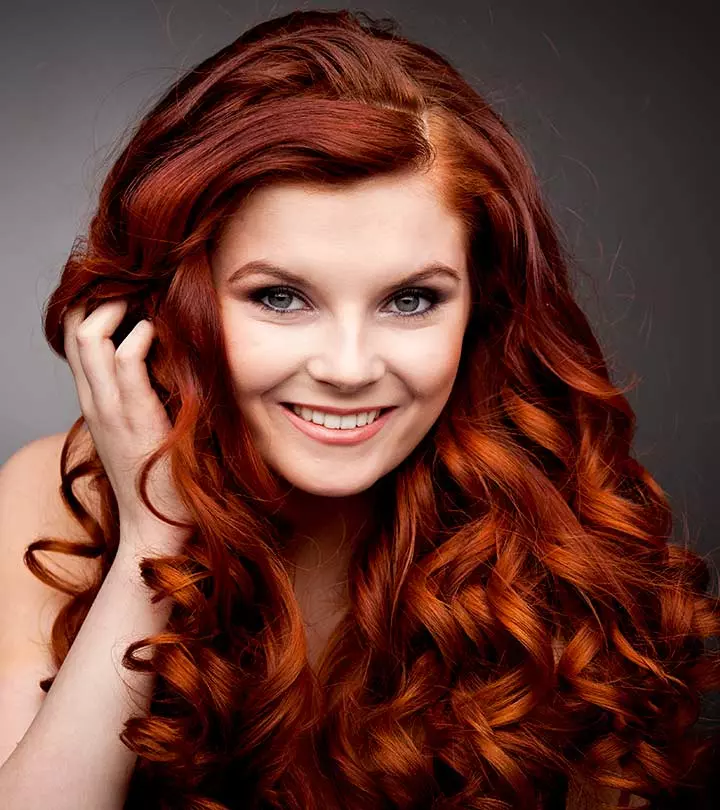
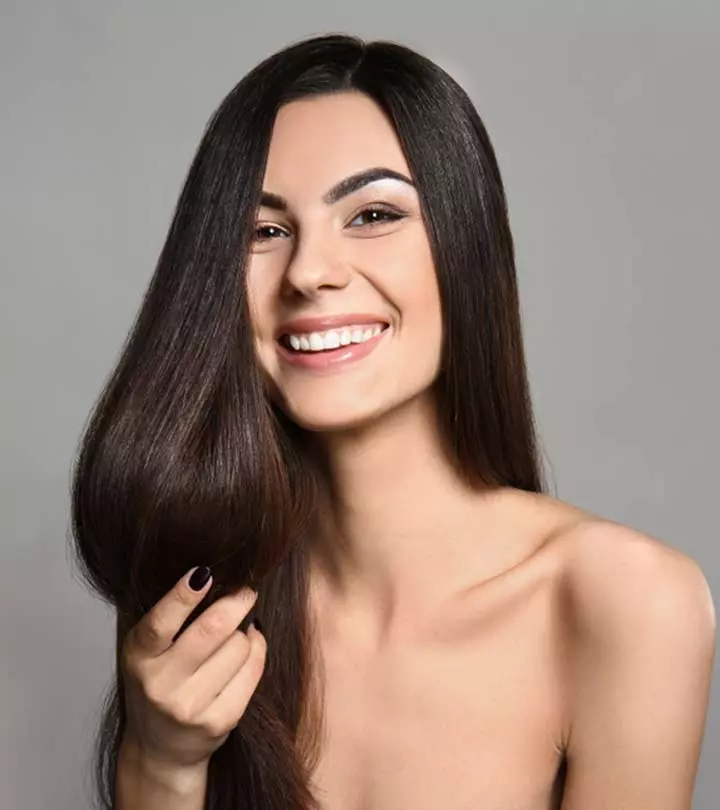

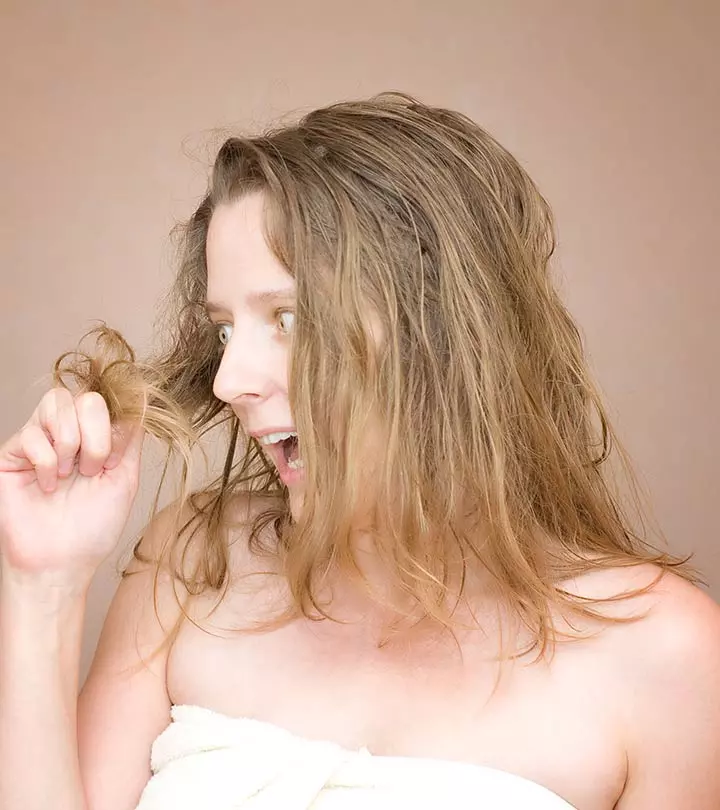
Community Experiences
Join the conversation and become a part of our empowering community! Share your stories, experiences, and insights to connect with other beauty, lifestyle, and health enthusiasts.